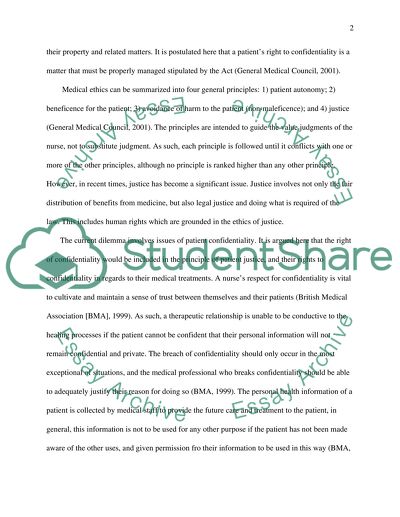Cite this document
(“Professional standards in mental health care Essay”, n.d.)
Professional standards in mental health care Essay. Retrieved from https://studentshare.org/miscellaneous/1503850-professional-standards-in-mental-health-care
Professional standards in mental health care Essay. Retrieved from https://studentshare.org/miscellaneous/1503850-professional-standards-in-mental-health-care
(Professional Standards in Mental Health Care Essay)
Professional Standards in Mental Health Care Essay. https://studentshare.org/miscellaneous/1503850-professional-standards-in-mental-health-care.
Professional Standards in Mental Health Care Essay. https://studentshare.org/miscellaneous/1503850-professional-standards-in-mental-health-care.
“Professional Standards in Mental Health Care Essay”, n.d. https://studentshare.org/miscellaneous/1503850-professional-standards-in-mental-health-care.


